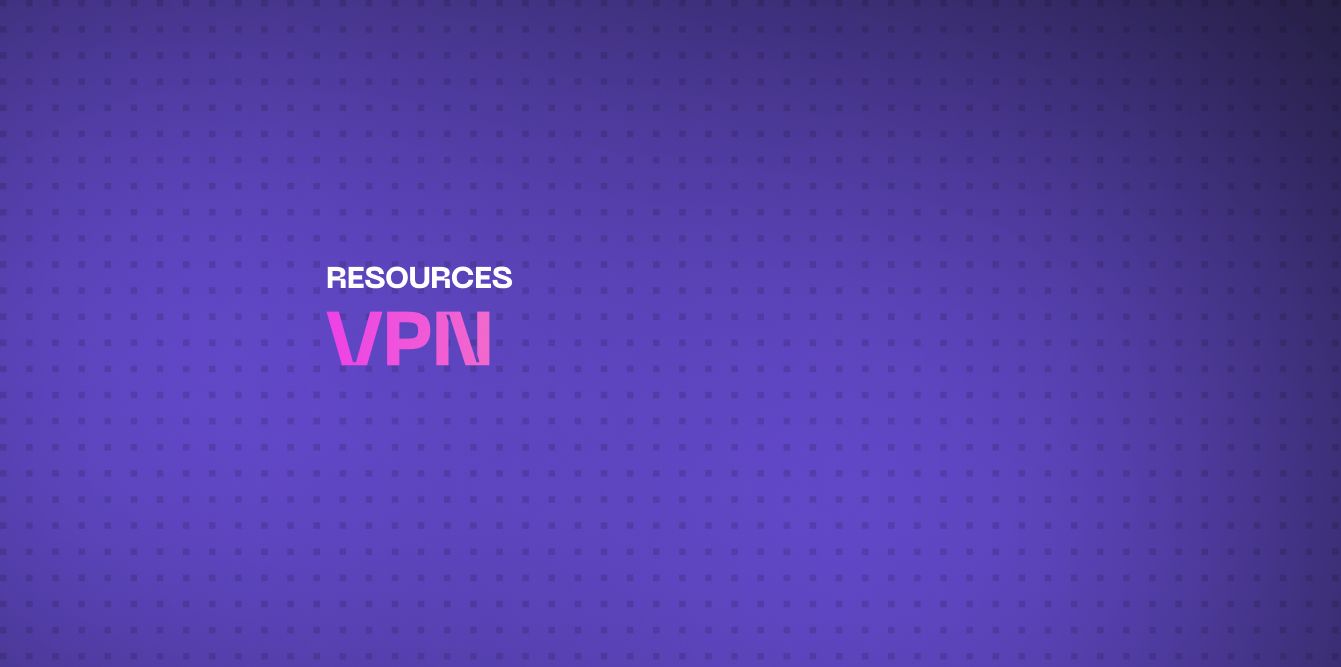In today’s digital world, online privacy and security are more important than ever. One of the most effective tools to safeguard your personal information and stay anonymous on the internet is a VPN. A Virtual Private Network (VPN) protects your data by encrypting your internet connection, preventing unauthorized access to your sensitive information.
In this guide, we’ll explore what a VPN is, how it works, and why it’s essential for cybersecurity and privacy.
What is a VPN?
A VPN (Virtual Private Network) is a service that creates a secure, encrypted connection between your device and the internet. This private tunnel hides your online activities from prying eyes, whether they be hackers, government agencies, or your internet service provider (ISP).
With a VPN, your actual IP address is hidden, and you appear to be browsing from the server location provided by the VPN service, improving your online privacy.
How Does a VPN Work?
A VPN works by routing your internet traffic through an encrypted tunnel, which is typically created between your device and a VPN server. Here's how it operates:
- Connection to VPN Server: When you activate a VPN, it connects your device to a VPN server via a secure connection.
- Encryption of Data: All your data gets encrypted, making it unreadable to any third parties, including hackers or ISPs.
- Hiding IP Address: The VPN replaces your real IP address with the IP address of the VPN server, which could be located in a different country.
- Data Transmission: Encrypted data passes through the VPN server and is decrypted once it reaches its final destination (e.g., a website).
This entire process makes your browsing more secure, even on unsecured networks like public Wi-Fi.
Why Use a VPN?
Using a VPN has several advantages for enhancing both security and privacy online. Here are the main reasons why you should consider using a VPN:
1. Online Privacy
A VPN hides your real IP address, making it difficult for websites, advertisers, or cybercriminals to track your online activity. This is especially important if you want to prevent ISPs or data brokers from selling your browsing habits to advertisers.
2. Security on Public Wi-Fi
Public Wi-Fi networks are notoriously insecure, making it easy for cybercriminals to intercept your data. A VPN adds a strong layer of encryption, protecting sensitive information like login credentials, banking details, or personal messages.
3. Bypassing Geo-Restrictions
Certain websites and streaming services restrict content based on your geographic location. A VPN allows you to change your virtual location, giving you access to content from different regions, such as Netflix, BBC iPlayer, and more.
4. Avoid Bandwidth Throttling
ISPs sometimes throttle (slow down) your internet connection based on your activity, especially if you're streaming or downloading large files. By hiding your activity with a VPN, you can prevent ISP throttling and enjoy faster speeds.
5. Enhanced Security for Remote Work
With remote work becoming more common, companies are relying on VPNs to provide employees with secure access to corporate networks. A VPN ensures that data shared between employees and company servers is safe from external threats.
Choosing the Right VPN
Not all VPNs are created equal. Here’s what to consider when selecting a VPN for optimal cybersecurity and privacy:
1. Strong Encryption
Look for a VPN that offers AES-256 encryption, the highest standard of encryption available. This level of security is crucial for ensuring your data is protected.
2. No-Logs Policy
Make sure the VPN provider follows a strict no-logs policy, meaning they don’t keep records of your online activity. This is critical for ensuring that even the VPN provider doesn’t have access to your data.
3. Server Locations
The more server locations a VPN offers, the better. This allows you to connect to a variety of countries and helps in bypassing geo-blocks more effectively.
4. Speed and Bandwidth
Some VPNs slow down your internet connection. Choose a VPN provider known for maintaining high speeds and offering unlimited bandwidth to ensure smooth browsing and streaming.
5. Multi-Device Support
Ensure that the VPN works across multiple devices (e.g., desktops, laptops, smartphones, tablets) and platforms (e.g., Windows, macOS, Android, iOS).
VPN and Cybersecurity
Using a VPN is an essential part of your overall cybersecurity strategy, but it shouldn’t be the only measure you rely on. While a VPN encrypts your connection and hides your IP address, it does not protect you from malware, phishing attacks, or data breaches.
To maximize your security:
- Use strong, unique passwords for every account.
- Enable two-factor authentication (2FA) where possible.
- Keep your software and devices updated with the latest security patches.
- Avoid clicking on suspicious links or downloading files from untrusted sources.
Conclusion
A VPN is a powerful tool for enhancing both your online security and privacy. By encrypting your connection and masking your IP address, a VPN helps you stay safe from hackers, ISPs, and any other parties trying to track your activity. Whether you're working remotely, using public Wi-Fi, or simply looking to browse the web with more privacy, a VPN is a must-have in your cybersecurity toolkit.
When choosing a VPN, prioritize security, privacy policies, and performance. Combined with other best practices in cybersecurity, a VPN ensures you can navigate the online world safely and confidently.
